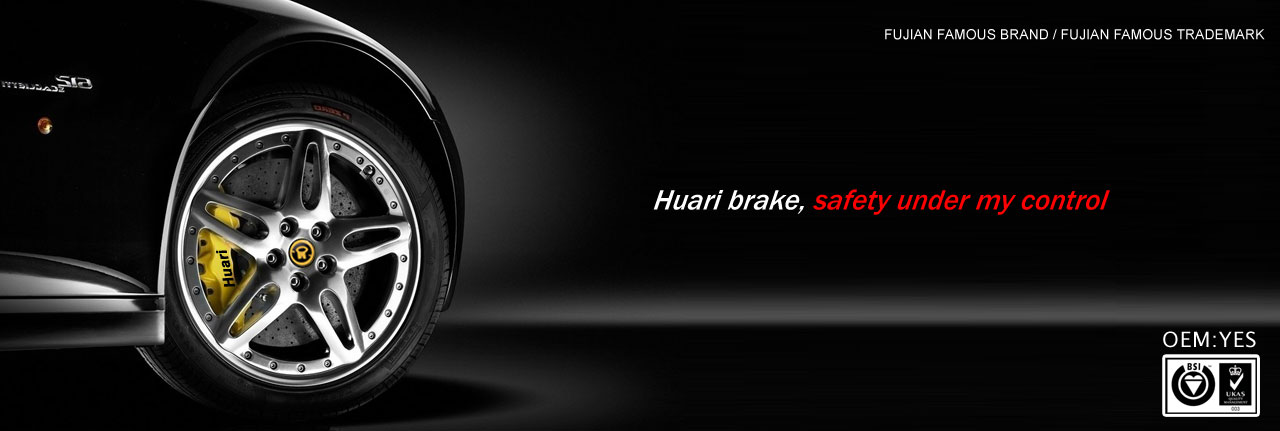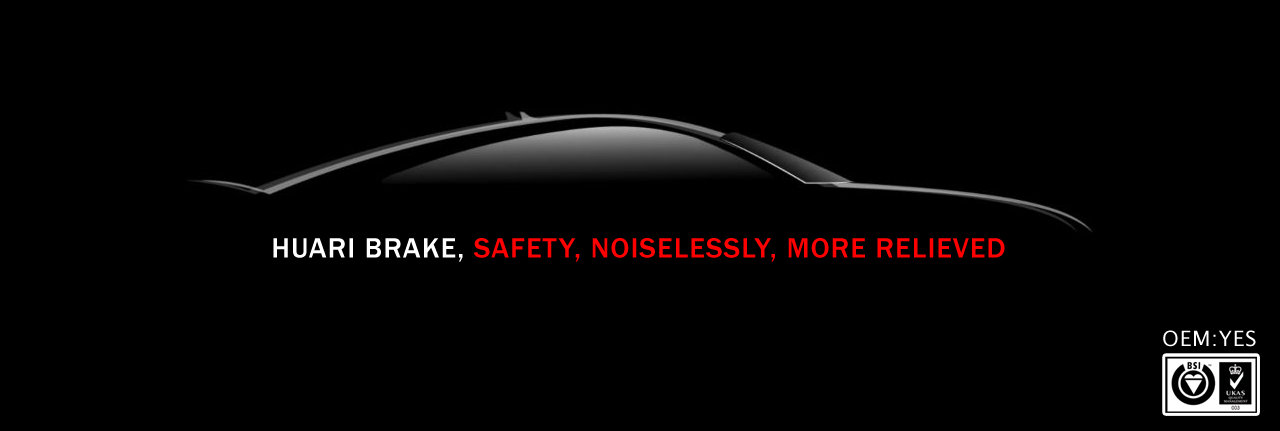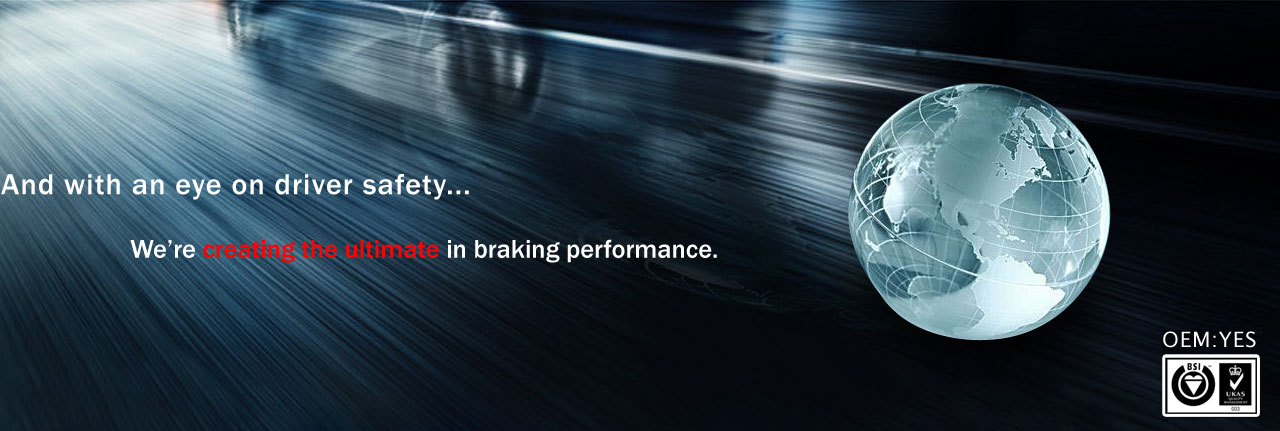INSTALLING ECO-FRIENDLY CAR BRAKES HELPS IMPROVE WATER QUALITY
If you had your car brakes replaced recently, there's a good chance you helped improve water quality without even knowing it. A California law that requires environmentally friendly brake pads is being phased in through the year 2025, but many brake companies are already complying voluntarily.
This good news for Bay Area waterways began in the early 1990s with a mystery. "Parts of the bay couldn't even be fished. The fish were so full of copper that they were not fit for human consumption," Mountain View auto shop owner Larry Moore said.
No one was sure where the copper was coming from. Moore said researchers looked at everything from rain gutters to rat poison until a group of auto mechanics helped connect the dots. Brake pad manufacturers keep their formulas secret, but mechanics installing the pads could see the copper and that turned out to be the clue that counted.
Meredith Williams with the California Department of Toxics Substances Control explained "Every time we brake, a little bit of dust is generated from our brake pad, so whatever is in the brake pad ends up on our roads." That brake dust is full of copper. Rain washes it down storm drains, then it flows into creeks and out to the bay. "Getting that copper out of our water is really important. Copper is a toxic to aquatic species from the bottom of the food chain, like zooplankton, through minnows and trout and even salmon," Williams said.
Storm water treatment agencies, environmental groups and brake companies teamed up to research the problem in the Bay Area. The research eventually led to laws passed in 2010 in California and Washington State, phasing out copper and other heavy metals from brake pads over 15 years.
Some manufacturers are not waiting around. "40 percent of the brakes on the market comply with the goals that were set for the year 2025," Williams said.
Manufacturers were allowed to keep selling their old supply of brake pads, but were required to start making new ones with almost no asbestos, cadmium, chromium, lead or mercury by 2014. By 2021, they must make pads with less than 5 percent copper, and by 2025, less than .5 percent.
Larry's AutoWorks in Mountain View has been installing the new pads for more than five years. Moore said brakes that comply with the requirements are available for almost all cars now. They cost about the same and perform well.
Up until now, compliance by the manufacturers has been essentially voluntary, with no penalties in place. But California is now working on rules that will make the low copper requirements mandatory, with details about how the law will be enforced.
Individual drivers are not required to take any action, but Williams said they can help speed things up. "It certainly wouldn't hurt if more people were aware and more people asked their mechanics for these kinds of brakes," she said.
Many mechanics may not know about the new pads yet, but they can ask for them from their distributor. The industry has agreed on a set of symbols to make compliance with the new standards more clear.
The Environmental Protection Agency estimates California's urban runoff is down as much as 61 percent due to changes in brake pad composition.
This good news for Bay Area waterways began in the early 1990s with a mystery. "Parts of the bay couldn't even be fished. The fish were so full of copper that they were not fit for human consumption," Mountain View auto shop owner Larry Moore said.
No one was sure where the copper was coming from. Moore said researchers looked at everything from rain gutters to rat poison until a group of auto mechanics helped connect the dots. Brake pad manufacturers keep their formulas secret, but mechanics installing the pads could see the copper and that turned out to be the clue that counted.
Meredith Williams with the California Department of Toxics Substances Control explained "Every time we brake, a little bit of dust is generated from our brake pad, so whatever is in the brake pad ends up on our roads." That brake dust is full of copper. Rain washes it down storm drains, then it flows into creeks and out to the bay. "Getting that copper out of our water is really important. Copper is a toxic to aquatic species from the bottom of the food chain, like zooplankton, through minnows and trout and even salmon," Williams said.
Storm water treatment agencies, environmental groups and brake companies teamed up to research the problem in the Bay Area. The research eventually led to laws passed in 2010 in California and Washington State, phasing out copper and other heavy metals from brake pads over 15 years.
Some manufacturers are not waiting around. "40 percent of the brakes on the market comply with the goals that were set for the year 2025," Williams said.
Manufacturers were allowed to keep selling their old supply of brake pads, but were required to start making new ones with almost no asbestos, cadmium, chromium, lead or mercury by 2014. By 2021, they must make pads with less than 5 percent copper, and by 2025, less than .5 percent.
Larry's AutoWorks in Mountain View has been installing the new pads for more than five years. Moore said brakes that comply with the requirements are available for almost all cars now. They cost about the same and perform well.
Up until now, compliance by the manufacturers has been essentially voluntary, with no penalties in place. But California is now working on rules that will make the low copper requirements mandatory, with details about how the law will be enforced.
Individual drivers are not required to take any action, but Williams said they can help speed things up. "It certainly wouldn't hurt if more people were aware and more people asked their mechanics for these kinds of brakes," she said.
Many mechanics may not know about the new pads yet, but they can ask for them from their distributor. The industry has agreed on a set of symbols to make compliance with the new standards more clear.
The Environmental Protection Agency estimates California's urban runoff is down as much as 61 percent due to changes in brake pad composition.
2016-09-12 22:28:09
ADD:No. 1, Xiaban, Xiufeng Village, Shekou Town, Fu'an City, Ningde City, Fujian Province TEL:0086-0593-6388368||6558596 FAX:0086-0593-6338966 E-mail:brake@fjhuari.com / huari3348@126.com
Copyright ? 2013 Fujian Huari Automotive Parts Co., Ltd. All Rights Reserved.
Copyright ? 2013 Fujian Huari Automotive Parts Co., Ltd. All Rights Reserved.






